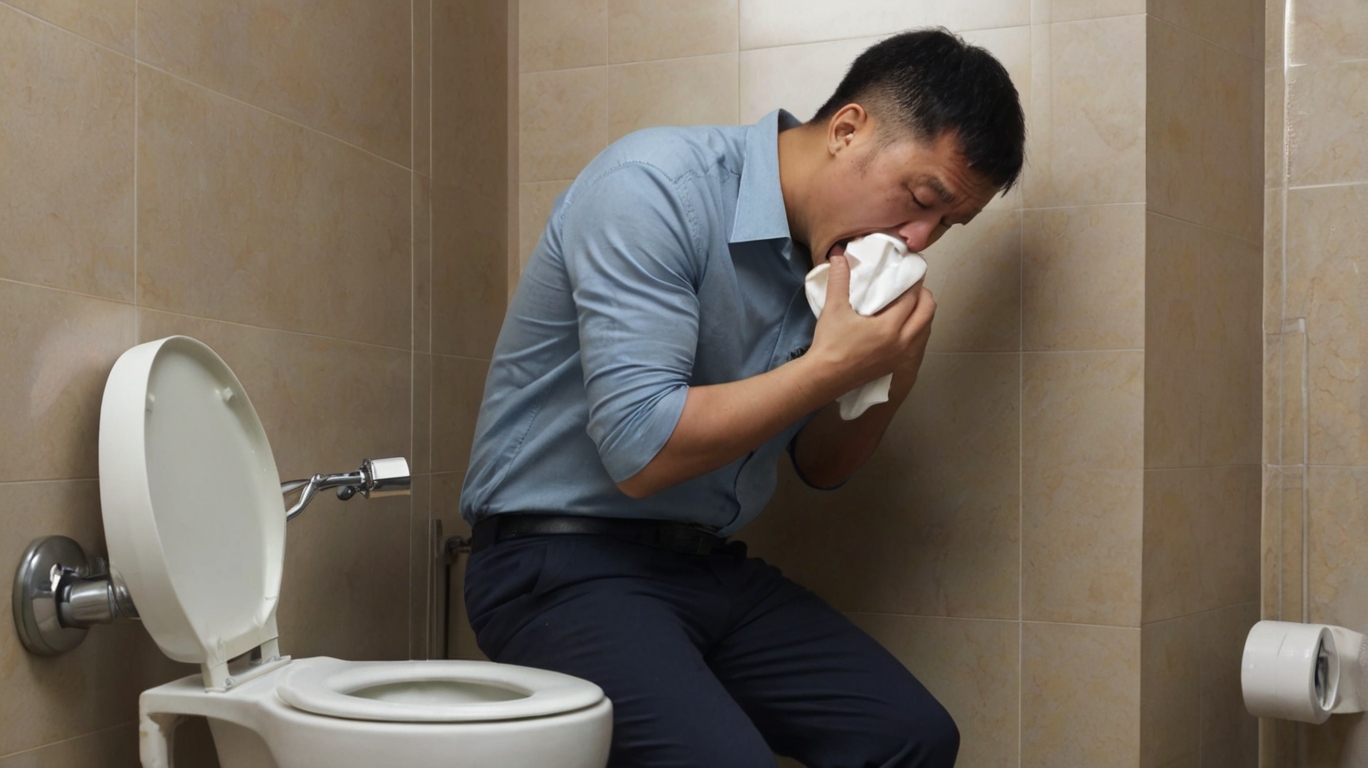Food Poisoning: Causes, Symptoms and Recovery Tips
Food poisoning is a common and unpleasant experience that occurs when you consume contaminated food or drink, causing symptoms ranging from mild discomfort to serious illness. In this article, we explore the causes, symptoms, and recovery tips and also explain how to prevent and manage this unfortunate condition.
Causes of Food Poisoning:
- Bacterial Contamination: Bacteria such as Salmonella, E. coli, and Campylobacter are notorious culprits behind food poisoning. Improper handling, storage, or cooking of food can cause these bacteria to develop.
- Viral Infections: Viruses like norovirus and hepatitis A can contaminate food and cause infections, particularly in cases of poor hygiene and sanitation.
- Parasitic Infections: Parasites like Giardia and Cryptosporidium can contaminate food and water, leading to food poisoning when ingested.
- Toxins: Toxins produced by certain bacteria, such as Staphylococcus aureus, and toxins present in some seafood, can also cause this issue.
Symptoms of Food Poisoning:
The symptoms of this infection can vary in severity and may include:
- Nausea and vomiting
- Diarrhea
- Abdominal pain and cramps
- Fever
- Fatigue
- Headache
- Muscle aches Recovery
Tips for Food Poisoning:
-
- Stay Hydrated: Dehydration is a common concern with food poisoning due to fluid loss from vomiting and diarrhea. It is very important to stay hydrated by drinking clear liquids such as water, electrolyte drinks, or diluted fruit juices.
- Rest: Allow your body to rest and recover by getting plenty of rest. Avoid strenuous activities until you feel better.
- Gradual Reintroduction of Food: Start with easily digestible foods such as crackers, rice, and bananas. As your stomach begins to settle, gradually reintroduce a bland diet to avoid putting stress on your digestive system.
- Avoid Certain Foods: During the recovery phase, it’s advisable to avoid spicy, greasy, and dairy-heavy foods, as they can exacerbate digestive discomfort.
- Seek Medical Attention: If symptoms persist or worsen, it’s crucial to seek medical attention promptly. Severe cases of food poisoning may require medical intervention, including antibiotics or intravenous fluids.
Preventing Food Poisoning:
- Practice Good Hygiene: Wash hands thoroughly before preparing or consuming food. Use separate cutting boards for raw meat and other foods to prevent cross-contamination.
- Cook Food Properly: Ensure food is cooked to the recommended internal temperatures to kill harmful bacteria. Use a food thermometer to verify that meat, poultry, and seafood are cooked thoroughly.
- Store Food Safely: Refrigerate perishable foods promptly and at the correct temperature. Avoid consuming foods left at room temperature for an extended period.
It can be a difficult and unpleasant experience, but with proper care and attention, most cases can be treated at home. By understanding the causes, identifying symptoms, and following recovery tips, people can take proactive steps to prevent and recover from food poisoning. It is important to prioritize food safety through good hygiene, cooking, and storage to reduce the risk of this unpleasant condition.




